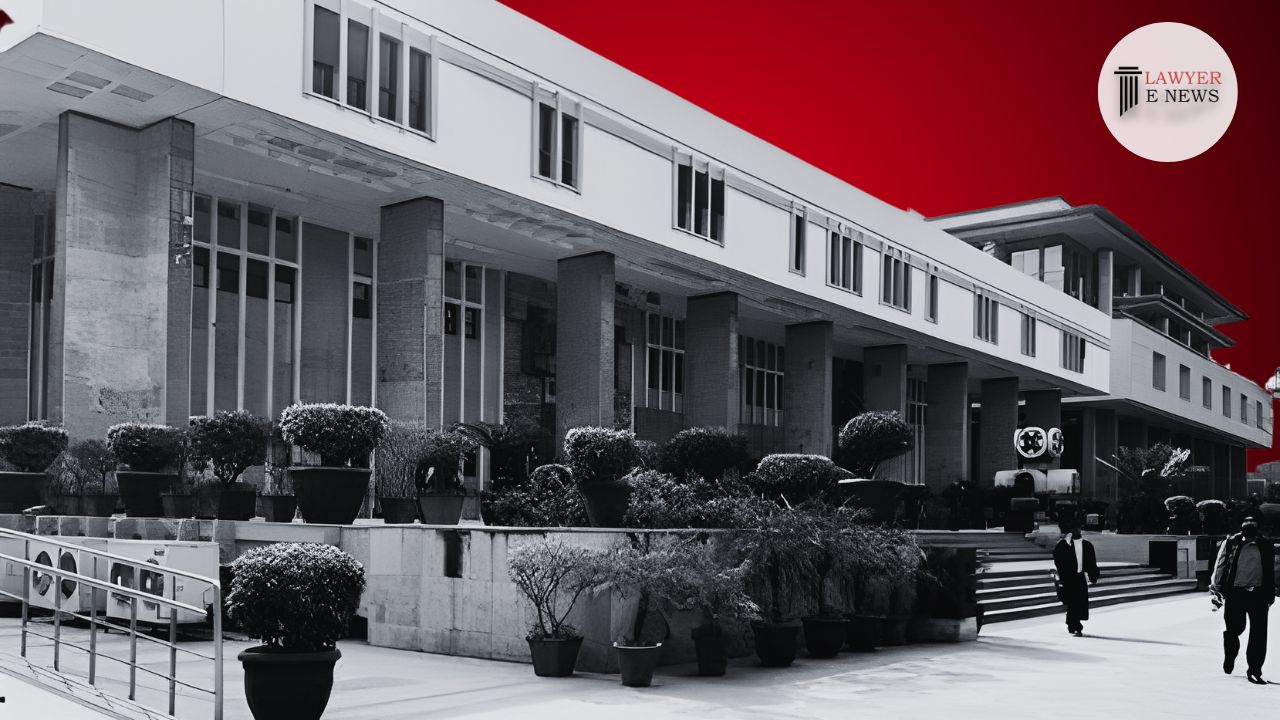-
by Admin
15 February 2026 5:35 AM



The Delhi High Court has denied the anticipatory bail application of Krishna, an accused in a high-profile drug trafficking case, reinforcing the necessity of custodial interrogation to unravel the complexities of the drug syndicate. The judgment, delivered by Justice Swarana Kanta Sharma, underscores the significance of corroborative evidence, including confessional statements and digital communications, in establishing prima facie involvement in drug-related offenses.
Background of the Case: The case originated from an operation conducted by the Anti-Narcotics Task Force (ANTF) on April 14, 2024, based on intelligence about drug peddlers operating in Delhi. A raid led to the arrest of Sumit and Sachin, who were found with 1010 grams of heroin. During their interrogation, they implicated Krishna, among others, as part of a broader drug trafficking network.
Confessional Statements and Digital Evidence: Justice Sharma highlighted the role of confessional statements and digital evidence in the case. “The confessional statements of co-accused and the WhatsApp conversations, along with Call Detail Records (CDRs), indicate prima facie involvement of the petitioner in the drug trafficking syndicate,” the judgment noted. The court observed that these pieces of evidence collectively pointed to Krishna’s participation in the illegal activities.
Need for Custodial Interrogation: The court emphasized the necessity of custodial interrogation for further investigation. “Custodial interrogation is necessary to uncover the entire drug syndicate and apprehend other individuals involved,” stated Justice Sharma. The court acknowledged that the investigation was at a nascent stage and granting anticipatory bail could hinder the process and risk tampering with evidence.
The judgment extensively discussed the principles governing anticipatory bail under Section 438 of the Code of Criminal Procedure (Cr.P.C). It referenced landmark cases such as Narcotics Control Bureau v. Mohit Aggarwal and Tofan Singh v. State of Tamil Nadu, reiterating that anticipatory bail should be denied in cases where the accused is likely to tamper with evidence or evade investigation.
Justice Sharma remarked, “The prima facie evidence, including digital communications and the confessional statements of co-accused, establishes a substantial link between the petitioner and the drug trafficking syndicate. Therefore, custodial interrogation is imperative to ensure a thorough investigation.”
The Delhi High Court’s decision to deny anticipatory bail in this significant drug trafficking case underscores the judiciary’s commitment to a rigorous and thorough investigation of drug-related crimes. By highlighting the importance of digital evidence and the necessity of custodial interrogation, the judgment sets a precedent for handling similar cases in the future. This ruling sends a strong message about the judiciary’s stance on combating drug trafficking and the crucial role of evidence in ensuring justice.
Date of Decision: May 24, 2024
Krishna v. State of NCT of Delhi
